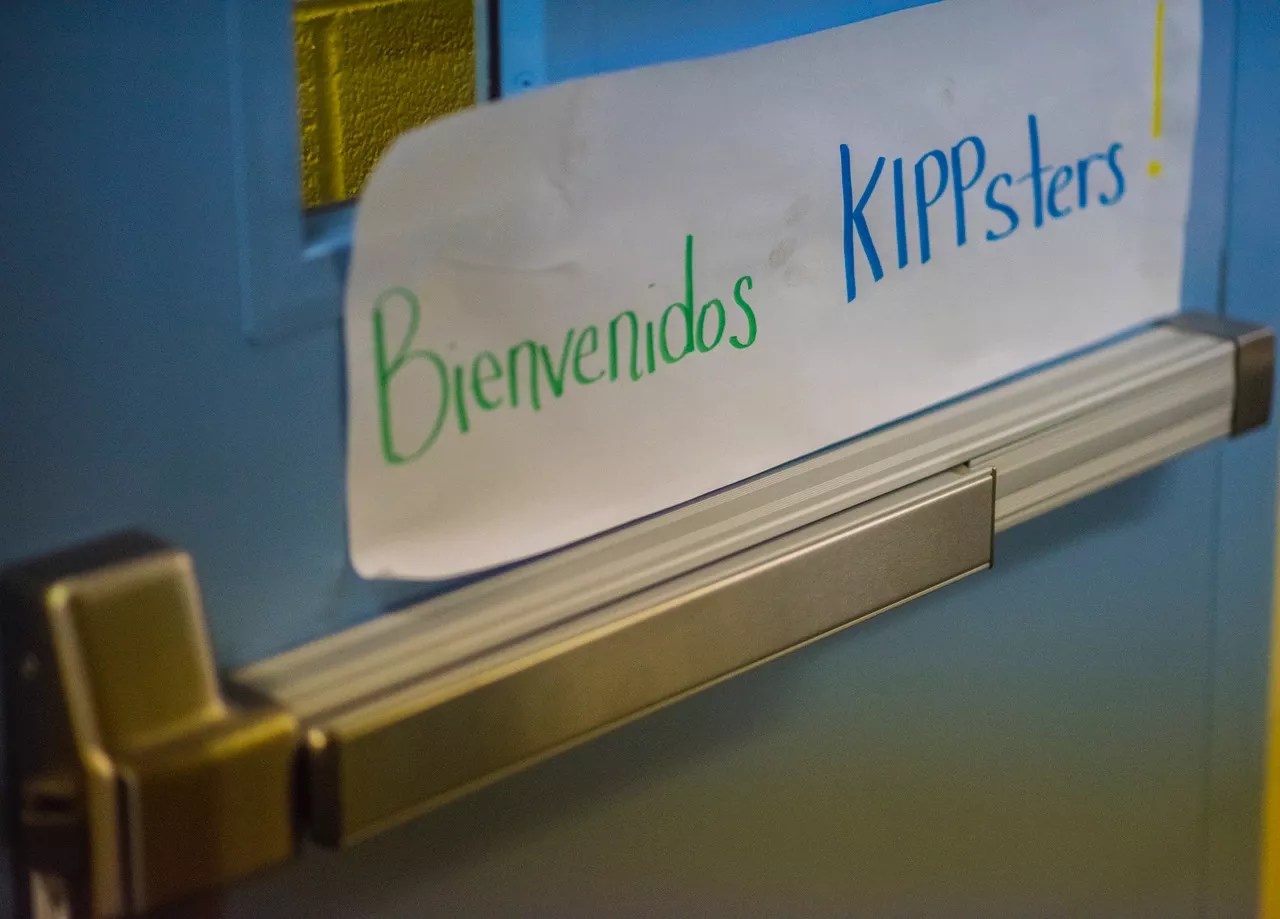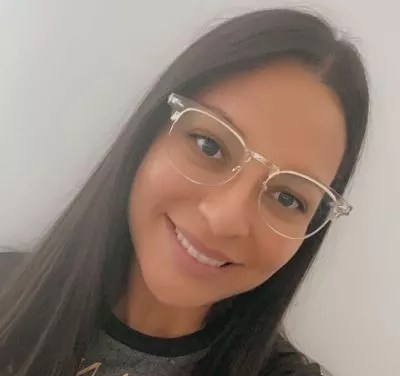
KIPP Sunshine Peak Elementary

Audio By Carbonatix
The return of students to the classroom after the extended absence due to the pandemic presents one of the most significant challenges in the history of modern education. The future of tens of millions of students – particularly students who face inequity or vulnerabilities – will be deeply impacted by how well we accomplish this critical transition and make up for precious learning time lost.
Students are very capable of making up for lost time. But we also have to recognize the trauma many students, teachers and parents have experienced during this trying time. Coming back to school full-time, we have to understand those experiences and refocus on academic growth. Teachers must continue to measure their own growth, too, and maintain school standards to best support their students academically.
As an ECE teacher, I deeply value social and emotional learning. Research reinforces the positive impact of social and emotional supports on student academic success.
When students are able to effectively communicate their thoughts and feelings and express their needs, they are better able to engage in reading and writing. Many students would prefer to write out their feelings or draw out their feelings, which helps them with their academic growth.
Last year when we transitioned from in-person to online learning, the engagement online was challenging. Students’ social engagement was affected by the lack of interaction with peers, communication with teachers in the classroom, and interacting with materials.
With parents trying to balance work, they were challenged to support their children in the way they typically did.
Returning to the classroom, it’s been striking to see the turnaround when kids are able to communicate with their friends, to ask for help or to demonstrate when they know the answers to a question. They’re able to actively engage with the material while also utilizing the support not only from their teachers, but also from their peers. Unfortunately, many schools lack sufficient resources to provide the holistic support that students need.
At our school, KIPP Sunshine Peak Elementary in southwest Denver, we offer conscious discipline that provides specific structures for parents at home to be able to support their students socially and emotionally in order to help provide more support academically. If more schools were providing that resource, I think students would be able to excel more rapidly on both spectrums – social and emotional – as well as in academics.
Conscious discipline helps students manage ways to interact with parents, and assists them in communicating with peers about their feelings, and with teachers regarding how best to support them in the classroom. And it offers valuable insights on how to get students to act when they are angry or frustrated or don’t want to do something. It presents students with choices, supports and the scaffolding that they need to make decisions on their own. Providing students with this form of autonomy over their learning can make a positive difference.
For academic growth as well as social and emotional growth, it’s important for parents to be on board and be simultaneously teaching these things at home. Many parents do not have the tools or the resources they need, so as teachers we try to support them in helping students at home.
At KIPP, our parents interact frequently with teachers. They have our phone numbers to contact us whenever they need something. Some parents like to volunteer in the classroom. Many of our parents work late hours and rely on other caregivers. But giving them the opportunity to engage with their children in learning, in the time and manner that works for them, is key.
It’s important as well to look at our students holistically rather than in parts. A lot of times we lack that view of the whole child. If we were to look at our students as a whole, we would see the bigger picture of how much all of these different parts interact with each other.
The focus on social and mental health as well as academics is essential. We have to put it all together and provide the resources and tools for teachers to support students in the classroom and support their parents outside of the classroom, because those parents are the number-one teachers. Students live with and learn from their families, and then at school we provide the support for students to be able to continue to learn and grow. Seeing the whole picture is important.

Amalia Espinoza-Ochoa
Amalia Espinoza-Ochoa is an early childhood education (ECE) teacher at southwest Denver’s KIPP Sunshine Peak Elementary, a charter school in Denver Public Schools.
Westword.com frequently publishes op-eds and essays on matters of interest to the community on weekends. Have one you’d like to submit? Send it to editorial@westword.com, where you can also comment on this piece.